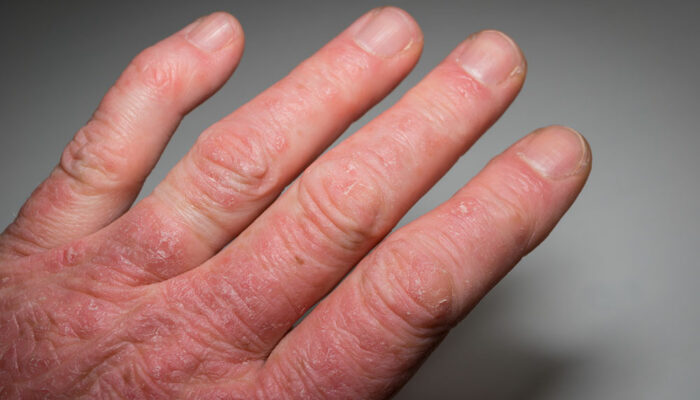
4 Natural Ways to Manage Sleep Apnea
The National Sleep Foundation has estimated that nearly 18 million adults and an overall of 15-20% of children snore while asleep due to obstructive sleep apnea (OSA). In addition, the study also suggests that those with moderate or visible symptoms of sleep apnea should seek medical intervention to avoid further complications. These complications include a high risk of stroke, other associated heart diseases, and high blood pressure.
While those with mild sleep apnea could perhaps benefit from medical interventions, the evidence is rather inconclusive. Thankfully, there are a handful of natural remedies that have shown incredible results in managing sleep apnea.
1. Weight loss
Being overweight or obese increases the likelihood of sleep apnea. The fat accumulated around the neck has the ability to impair one’s breathing. Weight loss can be achieved when the following is done:
- Ensuring to completely stop the intake of fast foods and other processed foods. Stick only to freshly cooked food that has a spread of vegetables and lean meats.
- Ensuring to engage in consistent physical activity for about 20-30 minutes a day.
- Stopping the consumption of beverages and cola that is replete with sugar.
2. Healthy lifestyle changes
- If you are a smoker, ensure to stop it right away, as the habit could lead to severe swelling of the upper airways, paving the way to sleep apnea.
- Drinking alcohol is also known to bring about sleep apnea-related issues, with snoring being predominant. Reduce the quantity of consumption, and ensure to stop this habit over a short period of time.
- Perhaps one of the most important lifestyle changes one can bring about to their lives is to pick up their passion/hobby and spend some time with it. Research proves how a calm mind can bring about holistic health.
3. Watching your sleep position
Observing the position which is the most comfortable is yet another natural remedy that could help with sleep apnea. It is proven that those with OSA have episodes of cessation of breath when they sleep on their backs. Sleeping sideways helps to overcome this situation. However, if someone rolls all the time at night, it is best to buy a side sleeping backpack. This way, even if they roll over, they will not be able to stay in that position and will automatically turn sideways.
4. Raising the head
Try to keep an elevated bed. If one has an adjustable bed, perhaps try bringing it at an angle of 50-60 degrees. Otherwise, one could also try keeping a few extra pillows to elevate their neck. However, for some people, this could further worsen the situation when they lie on their back. If one prefers to sleep on their sides, this is the perfect and budget-friendly choice.



